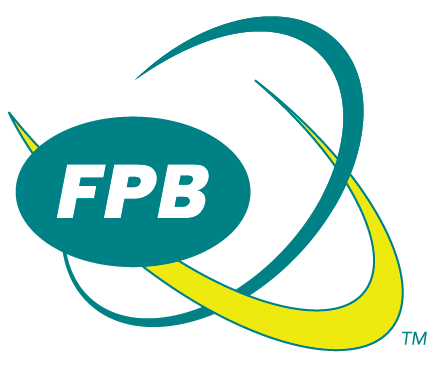FAQ About Boil Water Advisories
/As answered by the Kentucky Division of Water
1. What is a Boil Water Advisory (BWA)?
A Boil Water Advisory or BWA is any type of consumer advisory that provides information to the consuming public that water provided by a public water system may cause adverse human health effects due to possible biological contamination. BWAs are often issued as a precaution while a water system tests the water for bacteriological contamination. Should there exist a documented contamination, it is explicitly noted in the BWA with details on what actions the public should take.
2. How will I be notified of a BWA?
The public is to be notified in the quickest and most effective manner possible—this can be through radio, television, direct mail, electronic mail, posting, newspapers, door hangers, social media, emergency telephone “ring-down” systems, etc.
3. What is the proper way to disinfect my water so that it is safe to drink?
The preferred method of treatment is boiling. Boiling water kills harmful bacteria and parasites (freezing will not disinfect water). Bring water to a full rolling boil for at least 1 minute, preferably 3 minutes, to kill most infectious organisms. For areas without power add 8 drops, about ¼ teaspoon, of unscented household beach per gallon of water.
4. How should I wash my hands during a boil water advisory?
Based on the current conditions of the affected public water supplies, vigorous hand washing with soap and your tap water is safe for basic personal hygiene. If you are washing your hands to prepare ready to eat food you should use boiled (then cooled) water or bottled water with hand washing soap.
5. Is potentially contaminated water (where Cryptosporidium is not the significant contaminant) safe for washing dishes or clothes?
Yes, if you rinse hand-washed dishes for a minute in a bleach solution (1 tablespoon bleach per gallon of water). Allow dishes to completely air dry. Most household dishwashers do not reach the proper temperature to sanitize dishes. It is safe to wash clothes in tap water.
6. Can I use this water to take a shower?
Yes, but avoid swallowing any water or getting water in the eyes.
7. Is potentially contaminated water safe for bathing and shaving?
The water may be used for showering, baths, shaving and washing, so long as care is taken not to swallow or allow water in eyes or nose or mouth. Children and disabled individuals should have their bath supervised to ensure water is not ingested. The time spent bathing should be minimized. Though the risk of illness is minimal, individuals who have recent surgical wounds, are immunocompromised, or have a chronic illness may want to consider using bottled or boiled water for cleansing until the advisory is lifted.
8. How should I wash fruit and vegetables and make ice?
Fruits and vegetables should be washed with boiled (then cooled water) or bottled water or water sanitized with 8 drops (about ¼ teaspoon) of unscented household bleach per gallon of water. Ice should be made with boiled water, bottled water or sanitized water.
9. Is potentially contaminated water safe for washing dishes or clothes?
Yes, if you rinse washed dishes for a minute in a bleach solution (1 tablespoon bleach per gallon of water). Allow dishes to completely air dry. Most household dishwashers do not reach the proper temperature to sanitize dishes. It is safe to wash clothes in tap water.
10. What if I have a cut?
You should generally use cooled boiled water on open cuts, wounds or sores.
11. Should my pets get boiled water too?
Yes, this is a good idea because many pets, such as dogs, can get some of the same diseases as humans and can give these diseases to their owners.
12. Is it OK to water my plants?
Yes, it is OK to water your plants with possibly contaminated tap water without boiling it first.
13. I have a tap filter or filtering water pitcher, do I still need to boil my tap water?
Yes. Most pitchers that have a water filter do not filter out bacteria. If you have other filters on your refrigerator, on your faucet, or under your sink, read the package insert to see if the filter removes bacteria. If in doubt, boil the water.
14. What if I have already consumed potentially contaminated water?
Even if someone has consumed potentially contaminated water from either a public water system or a private well before they were aware of the boil water advisory, the likelihood of becoming ill is low. Anyone experiencing symptoms such as diarrhea, nausea, vomiting, abdominal cramps, with or without fever, should seek medical attention.
15. What infectious organisms might be present in contaminated water?
Disease transmission from contaminated water occurs principally by ingesting water. The major organisms of concern are protozoa such as Giardia and Cryptosporidium, and bacteria, such as Shigella, E. coli and viruses. These organisms primarily affect the gastrointestinal system, causing diarrhea, abdominal cramps, nausea, and vomiting with or without fever. Most of these illnesses are not usually serious or life threatening except in the elderly, the very young or those who are immunocompromised.




